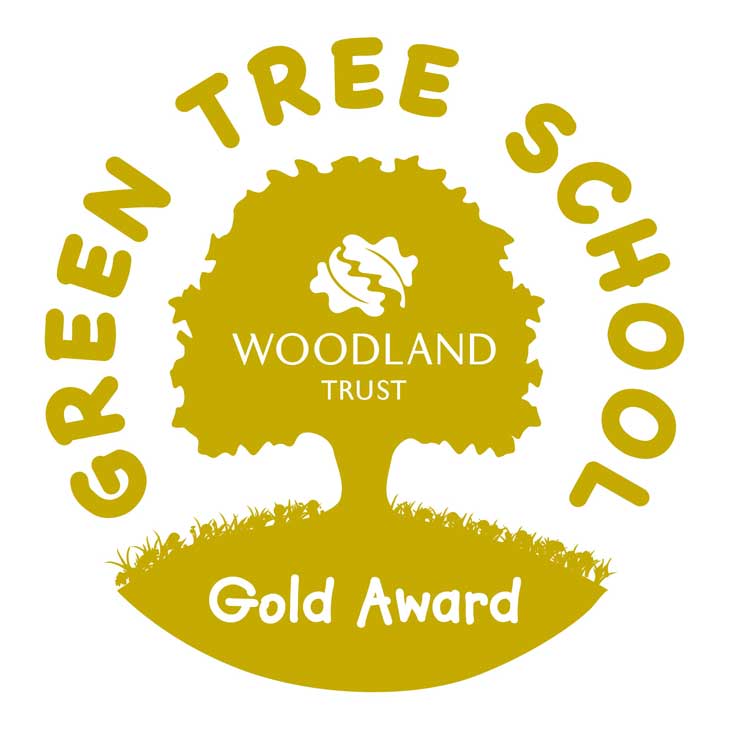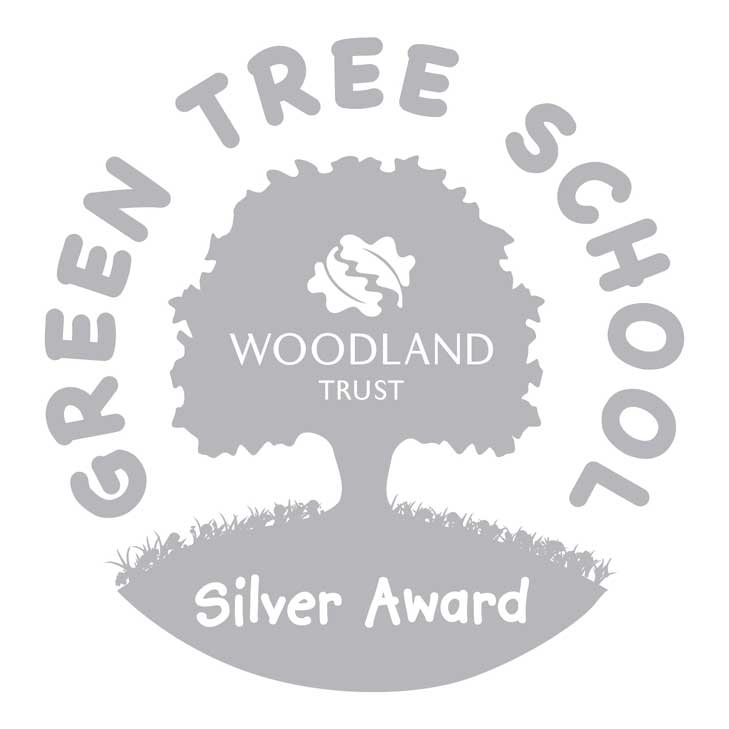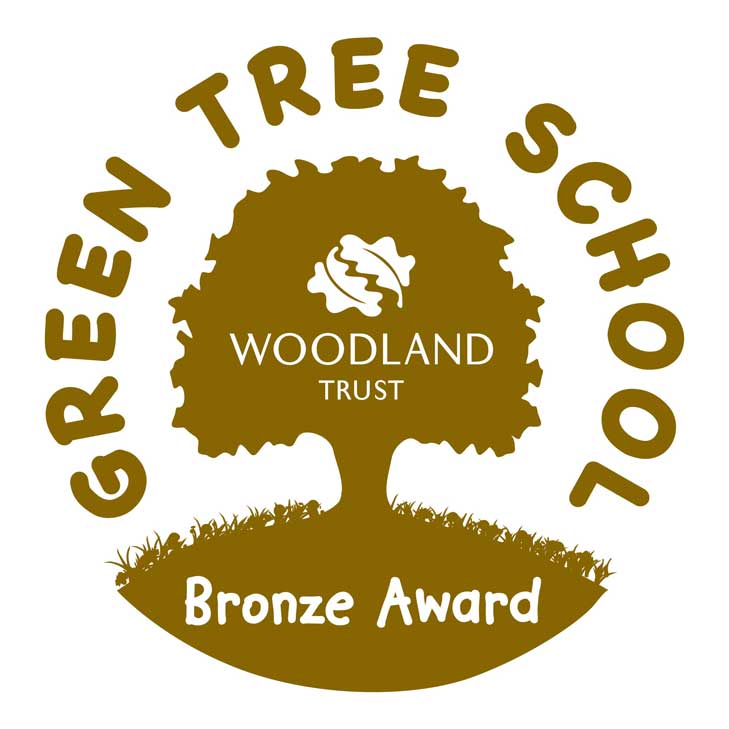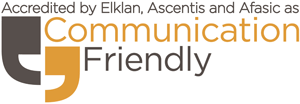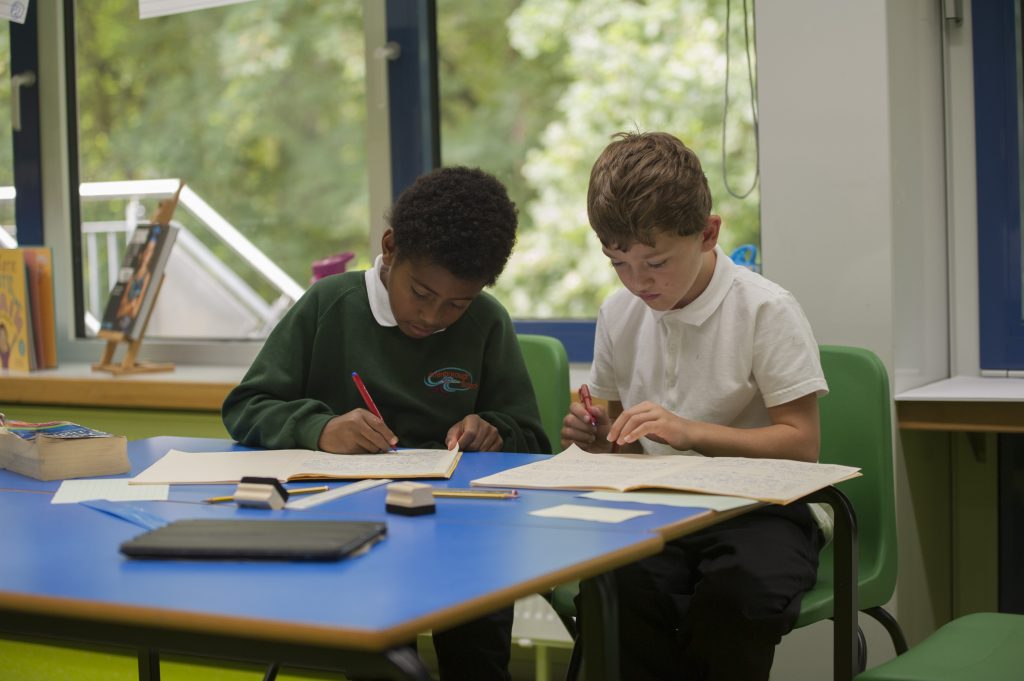
“Attenborough Historians care about what has happened in our past and how it has affected our present and future.“
Our belief in designing the learning of History in our school is that:
WE CARE about what has happened in our past and WE CARE about how that affects our future.
Designing the aspects of history which we teach to the children is a vast challenge. The whole staff have been involved in the development of the History curriculum and we are proud to talk about our ‘Global Heroes’. After huge discussions, the Attenborough Team have decided upon two Global Heroes per key stage per Global Citizen Theme.
Our Global Heroes reflect the values of our school but are also open to analysis and reflection. They have been chosen to reflect the make up of Attenborough School in terms of ethnicity and gender. They have also been selected to span a range of historical time periods. A full list of our Global Heroes are listed below.
Through learning the stories of our Global Heroes, our children will learn the facts that surround them and as they move through the school, they will develop the skills needed to be a good historian.
Our History learning doesn’t stop there! We continue working on developing investigative studies into different civilisations in time and how we use where we live to learn about the history that surrounds us!
The skills we will develop as Historians:
Foundation Stage (FS1 and FS2) Main Skills – Exposure, building blocks for ks1, links to self and family
Key Stage 1 (Years 1 and 2) Main Skills – Develop sense of chronology, compare different periods, give reasons for the way people acted, ask and answer questions from sources.
Key Stage 2 Main Skills:
LKS2 (Years 3 and 4) – Develop sense of chronology, compare and contrast, causes and consequences of actions and events, compare to other periods of history, use different sources and representations of history, select relevant information from sources.
UKS2 (Years 5 and 6) –Evaluate -judge assess compare evaluate conclude measure deduce, argue decide choose rate select estimate validate consider appraise value criticize infer Analysis- analyse compare probe inquire examine contrast categorize differentiate contrast investigate detect survey classify deduce experiment scrutinize discover inspect dissect discriminate separate



